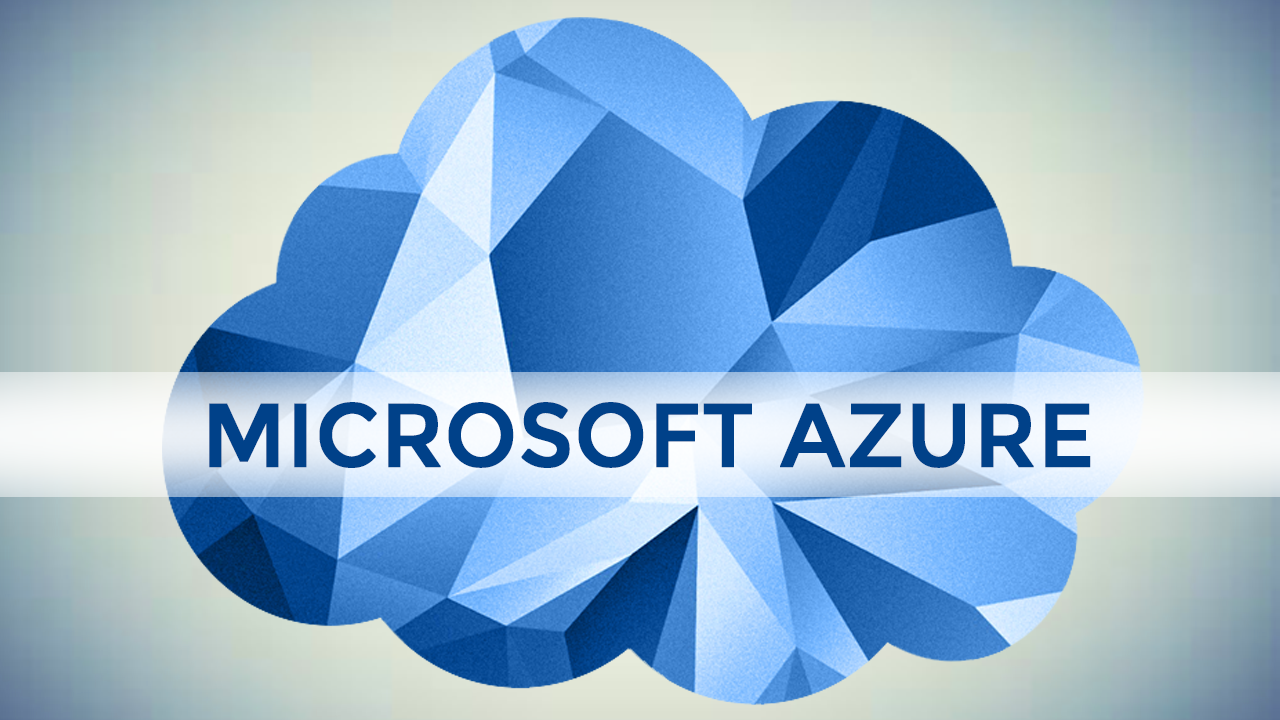Microsoft Azure: A First Look at Azure DNS
In today’s Ask the Admin, I look at Azure DNS, a new service from Microsoft that recently reached general availability.
It’s probably worth stating right from the get-go, that Microsoft’s Azure DNS service doesn’t allow you to purchase domain names from Microsoft. You’ll still need to pay a domain registrar a yearly fee for that privilege. But what Azure DNS does give you is the ability to use Microsoft’s infrastructure for resolving name queries for your domain’s zones.
What Is a DNS Zone?
If you own a domain name, such as acme.com, a DNS zone holds records for the domain. For example, www.acme.com and sharepoint.acme.com are both DNS zones of the acme.com domain. In this case, both of these zones could be used with applications hosted in the Azure cloud, so it might make sense to manage the DNS for these zones in Azure as well, where you can put DNS under an existing contract and manage the billing in one place. If you want to link a DNS zone created in Azure to the global DNS hierarchy, you’ll need to own the top-level domain (TLD) name.
Why Use Azure DNS?
Unless your organization has multiple physical data centers, it’s not likely that you host your own external DNS. But if you do, and you are running unsupported versions of Windows Server or don’t have multiple physical locations, migrating to Azure DNS can bring much better reliability because of Microsoft’s global network of nameservers and Anycast routing, which automatically routes queries to the closest physical nameserver for improved performance.
Microsoft promises better responsiveness for apps hosted in Azure, when used in conjunction with Azure DNS. Additionally, if you update DNS records in Azure, these changes are quickly replicated across all Microsoft’s global nameservers, so you shouldn’t have to wait long for your changes to take effect.
Pricing
Microsoft charges for each hosted DNS zone and the number of queries, meaning you only pay for what you use. Another advantage of billing based on the number of queries is that if required, Microsoft lets you set a short time-to-live (TTL) on DNS records, less than 60 seconds. Microsoft charges $0.50/per DNS zone a month and $0.40 for every million queries.
For more information about hosting DNS zones in Azure, see Microsoft Azure DNS on Microsoft’s website, and keep an eye out for a future Ask the Admin, where I’ll show you how to create a DNS zone in Azure, and how to point your DNS registrar’s nameserver records to point to Azure DNS.




